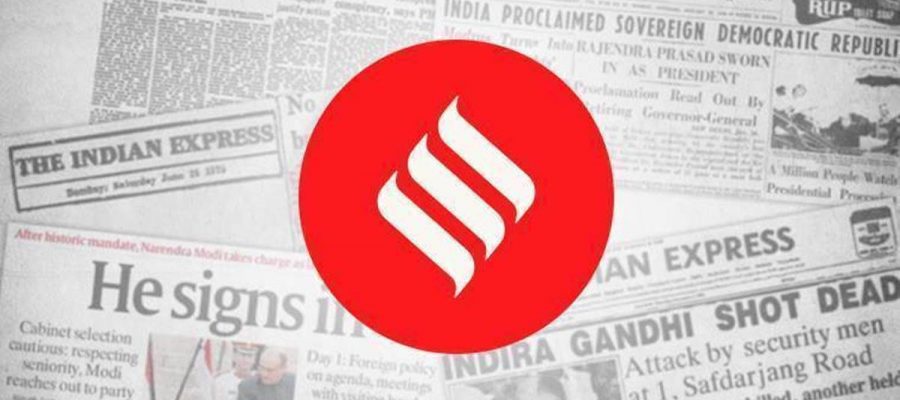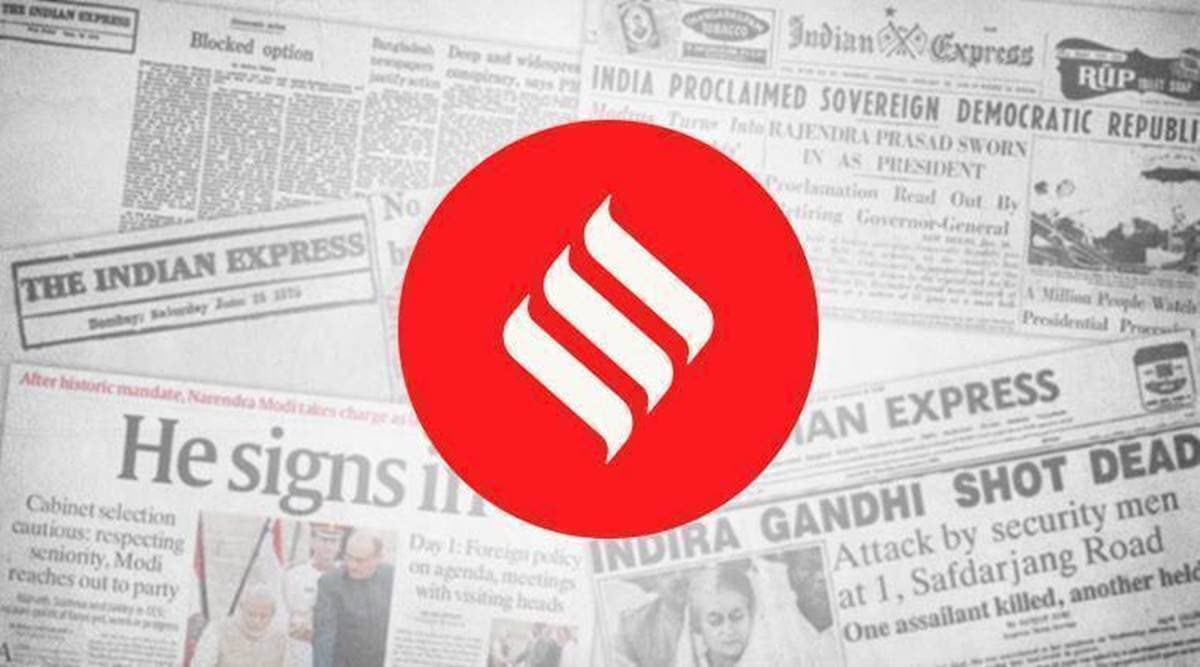Government should respect arbitration award in Cairn case. Not doing so sends wrong message to investor community.
The issue of retrospective taxation continues to haunt India. The Indian government now faces the prospect of having its assets abroad seized by companies for not honouring its obligations. Cairn Energy has secured an order from a French court which allows it to freeze properties of the Indian government in Paris in order to enforce the arbitration award it won in the tax dispute case. Alongside, Cairn Energy has also moved a court in the South District of New York against Air India, seeking to classify the airline as the alter ego of the Indian state, holding it jointly and severally liable for India’s debts, including the arbitration award. Worryingly, this is not the only case where the Indian government has refused to honour an international order. Devas Multimedia is also seeking a $1.3 billion award, and has joined Cairn to seize Air India’s assets abroad. Considering that on the issue of retrospective taxation, the BJP had accused the then UPA government of unleashing “tax terrorism” and “uncertainty” in the economy, and “negatively” impacting the investment climate and denting the image of the country, the wiser response would have been to accept the award, and bury the issue of retrospective taxation. The government’s failure to do so only sends the wrong message to the international investor community.
The Cairn issue flared when the Indian government imposed a tax demand on the company after passing a law in 2012 that gave it powers to levy taxes retrospectively. In December last year, the international arbitral tribunal at the Hague had ruled that the Indian government was “in breach of the guarantee of fair and equitable treatment” under the India-UK bilateral treaty and had awarded Cairn $1.2 billion in compensation. Rather than accept the order, the Indian government has filed an application to set aside the arbitration award in the Hague court of appeal. While the government may mount a forceful defence, considering that its objections were comprehensively addressed by the arbitration order, expecting a different outcome would be naive. Perhaps it is guided by the fear that accepting the demand may open space for other cases where bilateral treaties allow for arbitration. But the implications of its present position are far-reaching.
Unwillingness to put this issue to rest will ensure that claims of improving the ease of doing business in the country are met with scepticism. Talk of tax administration reform rings hollow when a tax department is intent on not accepting its mistake or correcting it. An adverse order in the Air India case will not only complicate matters for the government’s plans to privatise the airline, but may also put a spanner in the privatisation of other public sector entities. It’s time to put an end to this sorry matter. This is no time for posturing to the domestic audience. A resolution calls for pragmatism, not state obduracy or heavy-handedness.
Source: Read Full Article


